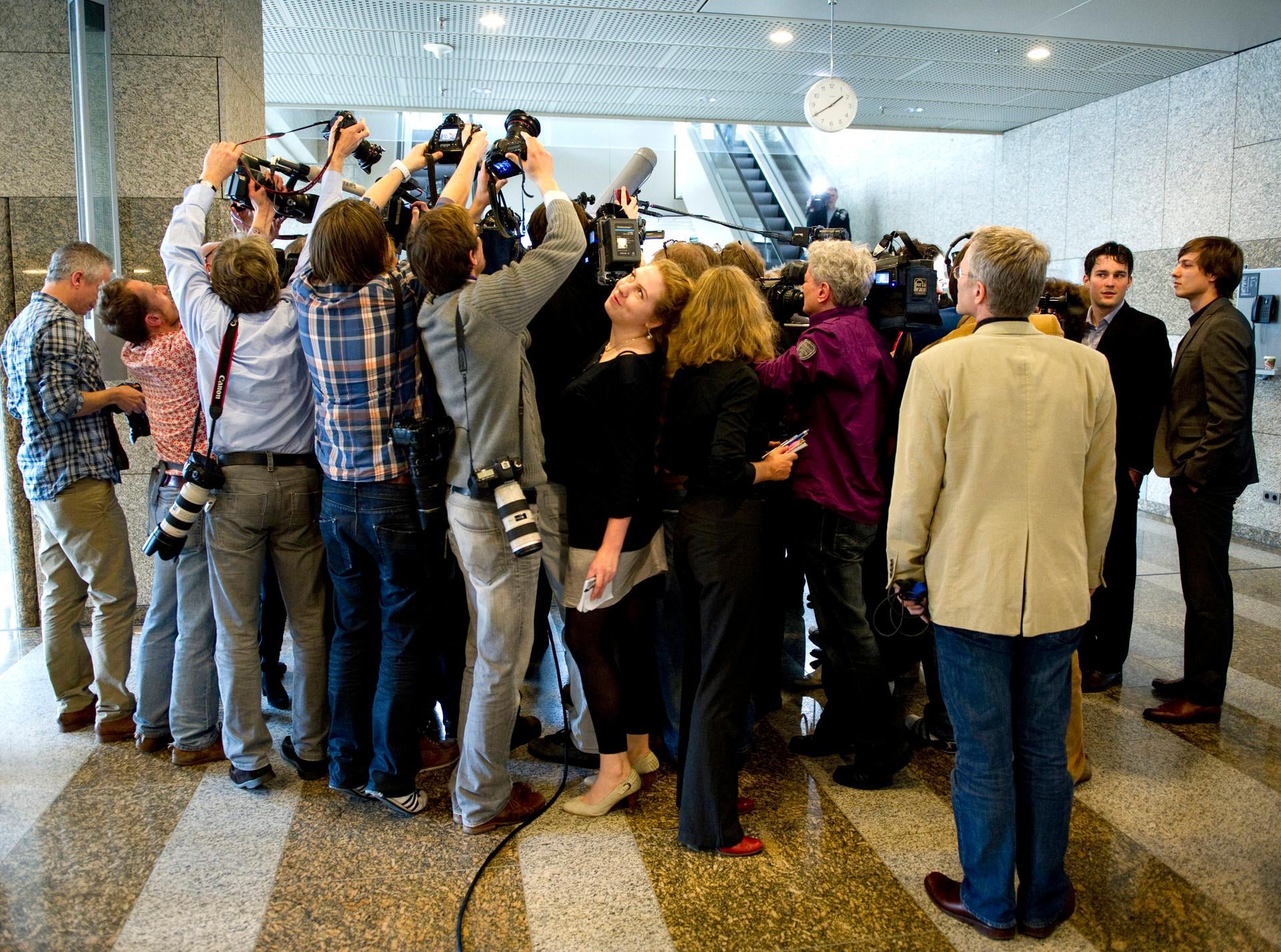The media has a major part to play in the way democracy operates, for example by placing societal queries on the agenda, putting checks and balances on power and offering a platform to various groups in society. Over the last few decades, we have seen that the media landscape is changing; reading a newspaper is replaced by scrolling through a personalized timeline, we always have the latest news at our fingertips, and instead of sending a letter to the editor, posting an online reply takes mere seconds. These types of changes affect how the media fulfils its democratic function in practice.
Concerns and opportunities
For instance, the spread of disinformation and increasing social polarization resulting from a personalized news supply have raised societal concerns. Public broadcasting continues to play a smaller part in our media consumption; many media channels are owned by private players, for whom profit margins have a higher priority than the provision of high-quality information or a variety of viewpoints. At the same time, new media also offer new opportunities to improve the quality of the public debate; bringing citizens together and involving them in the development of policy.
The previous WRR report on this theme, Media Policy for the Digital Age, was published in 2004. The rapid changes in the media landscape give cause to look at the subject with a fresh pair of eyes. What kind of challenges do new and changing media pose to democracy? What does the democratic function of the media entail exactly and how can the responsibility for a democratically effective media be reconciled with the increasing privatization of media channels? And what role does public broadcasting have to play in the current and future media landscape?
